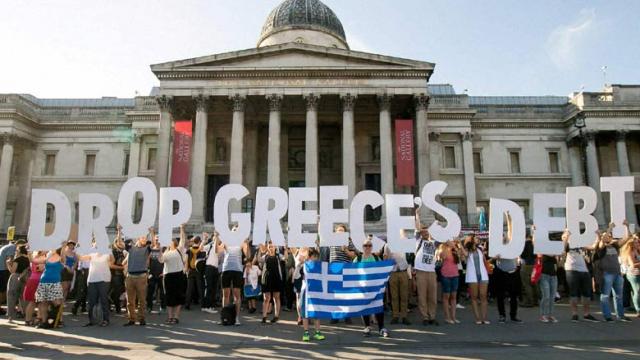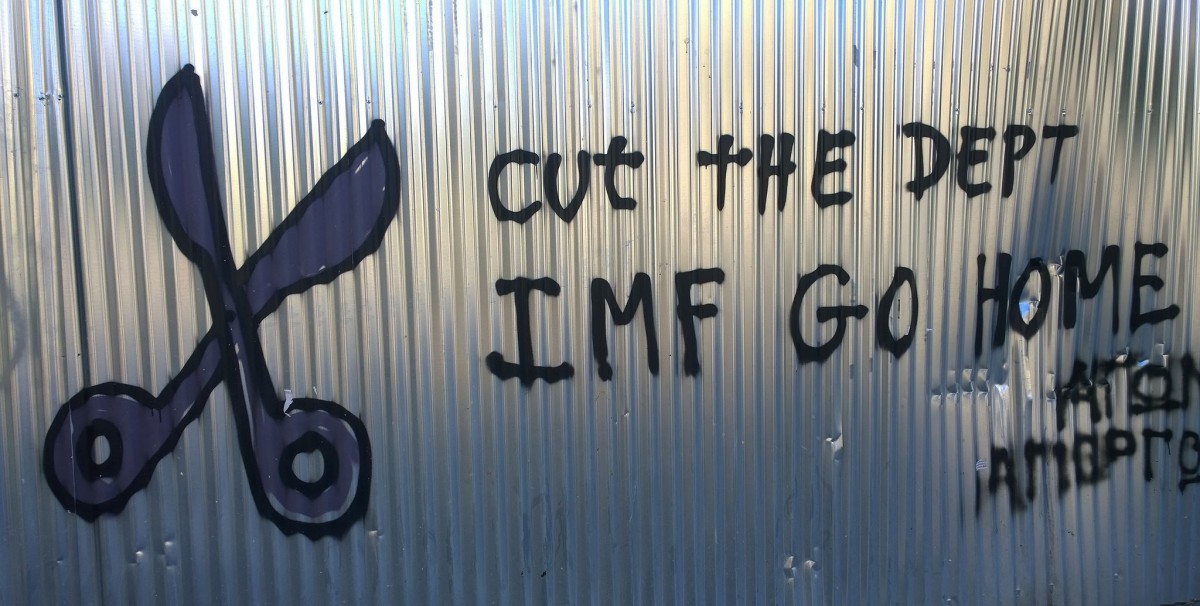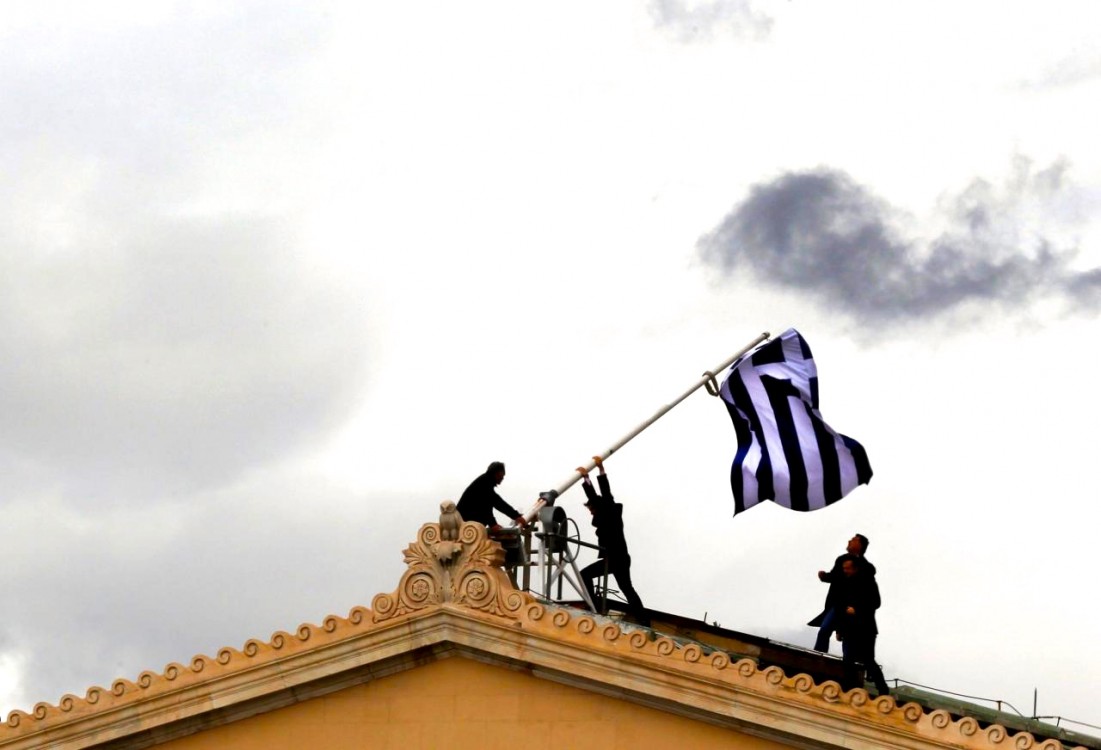
Last month Greece exited its third bailout program, officially "ending" the country's protracted eight-year crisis. After a 288 billion euro rescue investment – the largest on record – and the constant threat of ejection from the European Union (the once dreaded "Grexit'"), Pierre Moscovici of the European Commission for Economic and Financial Affairs declared:
“We have had eight very difficult years, often very painful years, where we have had three successive programs. But now Greece can finally turn the page in a crisis that has lasted too long...the worst is over.”
Donald Tusk, President of the European Council, sounded similar congratulatory tones, writing on Twitter: “You did it! Congratulations Greece and its people on ending the program of financial assistance. With huge efforts and European solidarity you seized the day.”
With this, Greece is finally considered an economically viable country: one that can survive without the need for regular austerity measures, and whose budget can be closely monitored by Brussels. According to Mario Centeno, chair of the European Stability Mechanism (ESM): “Greece’s economy is growing again, there is a budget and trade surplus, and unemployment is falling steadily.”
Yet despite all the glowing praise and the Greek media's attempt to spin it into a triumph for the Syriza administration, the "victory" has been nothing if not Pyrrhic for the Greek people. The Greek taxation system is still hooked to austerity-based measures, with small businesses struggling to pay an unsustainable 24 percent VAT on all goods and services. Pensioners who found themselves the main earners for low-income families are struggling with their slashed pensions.
And while a number of NGOs still operate within the country in an effort to provide assistance to impoverished households, they too have begun to withdraw from the public eye as Greek voters place increasing blame on a state that remains largely unwilling to take up the mantle of social aid.
Even the facade of a booming economy, with marked increases in exports and a projected 5.2 percent increase in surplus, may not hold much water. Yannis Stournaras, the former finance minister and current governor of the Bank of Greece, commented: "Important problems remain, such as the high public debt, the country's low credit rating, the high rate of non-performing loans, high unemployment and the investment gap."
Greece's current debt stands at about 329 billion euros, of which the 61.9 billion euros distributed to the country by the ESM barely scratch the surface. Combined with the projected 19.7 percent unemployment rate in the country – a figure that the General Confederation of Greek Workers puts closer to 27 percent – the country once again finds itself caught between a rock and a hard place.
The high taxation and harsh social measures yielded little, if any, results in the long run. Greece's competitiveness ranks below all of its E.U. partners, and the country barely beats Romania in Transparency International's corruption index. More than $105 billion from the country's banks remains tied up in non-performing capital in order to boost the private sector, while retirement age has leapt to 68 and while birth rates are dropping dramatically.
Furthermore, Greece has performed a wide-scale privatization of its public services and state-owned assets: It handed over control of the port of Piraeus to a Chinese consortium, sold off its passenger railway system to an Italian company for a fraction of its value, and sold the management rights of 14 airports to Fraport in a desperate attempt to meet the previous bailout standards.
In its current state, the country is expected to take at least a decade to recover with a 20-year projected period before its economy is restored to pre-crisis levels. And while Prime Minister Alexis Tsipras has promised to reverse a number of austerity measures forced on the Greek economy, Klaus Regling, chief of the ESM, projected that Greece could still become the next E.U. success story, “as long...as it sticks to the agreed economic reforms even after the end of the third memorandum.”
This may be a long and hard road to tread, given how many problematic elements of the Greek economy remain after the eight-year crisis: Over-inflated public spending still consumes nearly 40 percent of the country's GDP, while tourism only generates 13 percent and political patronage continues to play an all-important role.
Greece's brain drain is still going strong, with the best and brightest fleeing the country, leaving the rest to turn to illicit, underground markets. As a result, inflation in the growing black economy makes up roughly 20 percent of GDP. Employers have been all too willing to take advantage of the situation, resulting in widespread part-time employment for adults with significantly lowered pay.
Where does all this leave Greek taxpayers and voters? Media coverage has been mixed – ranging from glowing praise to muted pessimism – but it seems that in the end, very little has changed. Some still treat the austerity regime and dire economic outcome as if nothing had occurred. Others meanwhile have chosen to openly criticize the failure of past governments and examine history in an effort to avoid repeating it.
But the silent majority can't let go their fear that this might just be the prelude to something worse that's yet to come. After all, Greece still needs to make its 600 million euro payments every six months if it wants to stay on the E.U.'s good side. The message from Athens: Don't count on it.


















